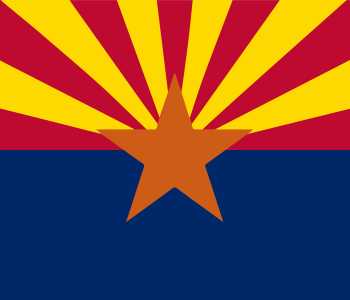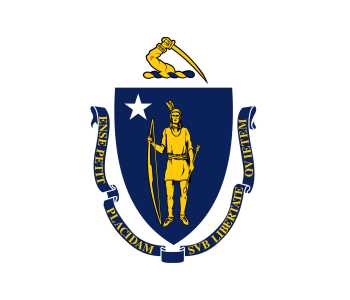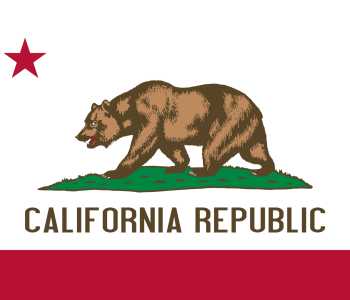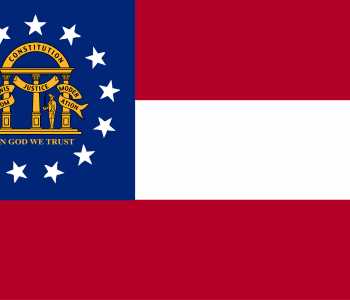Small Business Grants Wisconsin
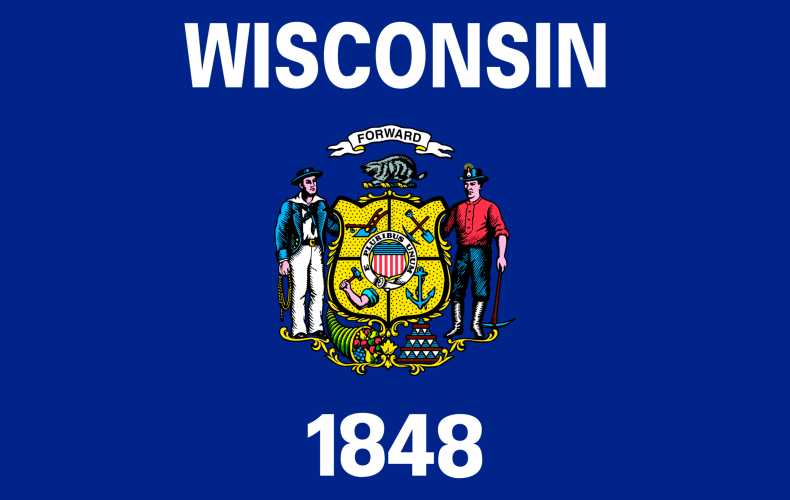
Wisconsin small business owners work to breakdown financial barriers. These hurdles often prevent them from moving onward in their business planning. Whether it is a startup or an existing company, owners need some financial help at some point.
Small businesses in Wisconsin have plenty of options to help get funding. Depending on the reason, owners may apply to lenders, loan programs, or various grants.
Check Everywhere For Grants
Aspiring entrepreneurs and long-time business owners should check online. Several websites provide information about federal, state, and regional grants.
Some grant programs may have specific requirements to become a grant recipient. Loan qualification can be specific to the company type, location, and financial need.
Small business owners should put time and effort into researching all available grants.
Grant Programs For Wisconsin Small Businesses
Review the eligibility requirements for each grant program before applying.
1. Wisconsin Tomorrow Small Business Recovery Grant program
Wisconsin Tomorrow Small Business Recovery Grant program awards businesses with funds for COVID-19. It has $420 million to distribute.
The program focuses on Wisconsin small businesses hit the hardest by the pandemic.
2. Diverse Business Assistance Grant Program
The Diverse Business Assistance Grant Program supports ethnic and diverse businesses. i.e., chambers of commerce and nonprofit organizations.
Across Wisconsin, twenty-four chambers of commerce received $57.6 million in grants.
The funding helps small businesses provide:
- Coaching
- Mentoring
- Technical help
- Equipment
- Educational opportunities
- Internet services
- Digital literacy
- Online marketing
- Social media training
- Financial aid
- Financial literacy support
- Networking
3. Diverse Business Investment Grant Program
The Diverse Business Investment Grant Program provided grants to nine (CDFIS). The program awarded $28.8 million in grants.
Community Development Financial Institutions, or CDFIS, include:
- Local chambers
- Nonprofits
- Other organizations that work with local businesses
These organizations provide technical help and expertise to support diverse companies. The goal is to develop stronger communities across Wisconsin.
The CDFIs support micro and small businesses with the following:
- Lending
- Access to capital and credit
- Support programs
- Coaching
- Mentoring
- Credit counseling
4. Wisconsin Economic Development Corporation
The Wisconsin Economic Development Corporation is a public-private agency in Wisconsin.
Its purpose is to assist businesses with development and innovation through:
- Loans
- Grants
- Tax credits
- Technical help programs
5. Wisconsin Small Business Development Center (WI SMDC)
The Small Business Administration (SBA) established Wisconsin Small Business Development Centers in 1980. Wisconsin Senator Gaylord Nelson wrote legislation to help make these centers a reality.
The WI SBDC's mission is to provide small businesses with:
- Education
- Referrals
- Sophisticated tools
- Resources to help business evolution
- Deliver value to stakeholders
6. Wisconsin Tomorrow Small Business Recovery Grant
The Wisconsin Tomorrow Small Business Recovery Grant program helps businesses affected by COVID-19. It has $420 million to award small businesses in Wisconsin.
Who administers the program?
The Wisconsin Department of Revenue (DOR)
The Wisconsin Economic Development Corporation (WEDC)
The program supports small businesses to help Wisconsin make a strong recovery. The funding comes from the federal government through the American Rescue Plan Act.
7. Main Street Bounceback Program (for Wisconsin)
The Wisconsin Tomorrow Main Street Bounceback Grant provides businesses with one-time support. The grant can deliver immediate recovery funding to new and existing businesses.
These businesses need to be either:
- Opening a new location
- Expanding operations in a vacant commercial space
- The grants assist businesses with costs related to a newly opened location, including:
- Leases
- Mortgages
- Operational expenses
- Other business costs
The Wisconsin Economic Development Corporation (WEDC) administers and distributes these grants.
8. Paycheck Protection Program Loan Forgiveness (PPP)
The Paycheck Protection Program Loan Forgiveness is an SBA-backed loan. The program helps businesses keep their workforce during COVID-19.
It provided businesses with almost $800 billion in crisis relief.
Wisconsin complies with the Coronavirus Aid, Relief, and Economic Security Act (CARES Act). The act has a specific treatment for forgiven PPP loans, which the state follows.
Yet, it excludes the forgiven debt from being taxable income. The Wisconsin Department of Revenue published guidance advising taxpayers of this news. Thus, taxpayers can not deduct expenses paid for with forgiven PPP loans.
Existing borrowers may be eligible for PPP loan forgiveness.
9. Conservation Innovation Grants (CIG)
Conservation Innovation Grants (CIG) are competitive grants. The USDA's Natural Resources Conservation Service in Wisconsin announced $500,000 in funding.
The Wisconsin Conservation Innovation Grants funding helps businesses with conservative practices.
It helps companies with developing and adopting innovative conservation methods and technologies.
The goal is to drive public and private sector innovation in resource conservation. Thus, all non-federal entities and individuals can apply, except for federal agencies.
CIG funds the development and field-testing, on-farm research, demonstration, and evaluation.
Its projects inspire creative problem-solving that boosts production on:
- Farms
- Ranches
- Private forests
These businesses must work to improve water quality, soil health, and wildlife habitat.
10. Small Business Lending Fund (SBLF)
The Small Business Lending Fund (SBLF) is a U.S. Treasury Department initiative.
The SBLF provides capital to eligible banks and community development loan funds (CDLFs). It encourages the collaboration of banks and businesses in Wisconsin. The goal is to promote economic and job growth.
11. Environmental Quality Incentives Program (EQIP)
The Environmental Quality Incentives Program (EQIP) provides help to specific landowners.
The program offers technical and financial support for conservative practices to:
- Farms
- Forest landowners
Eligible landowners who protect the following can apply for EQUIP:
- Soil and water quality
- Grassed waterways
- Stream fencing
- Critical area planting
- Terraces
- Manure management systems
- Storage structures and barnyard runoff protection
- Other conservation practices
12. The Launch La Crosse Recovery Program
The Launch La Crosse Recovery Program grants businesses in La Crosse County, WI, with up to $5,000 in grants.
Eligible businesses include:
- Retail
- Personal storefronts
- Restaurants
The grant's focus is to encourage businesses to reach customers through newer methods. The small business must prove economic damage due to COVID-19.
Take note, all grants, loans, and programs are subject to change or close anytime. Always check for new and existing funding and their requirements.
Conclusion
Small business owners should check the eligibility for federal, state, and regional grants. Businesses may need financial help for several reasons, but must meet specific criteria.
Look at all the resources, agencies, websites, and funding available to small businesses.
Additional Resources

